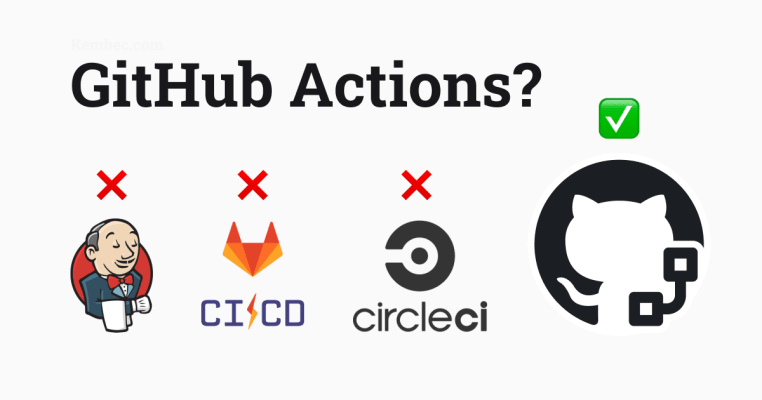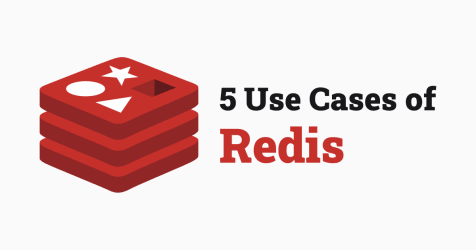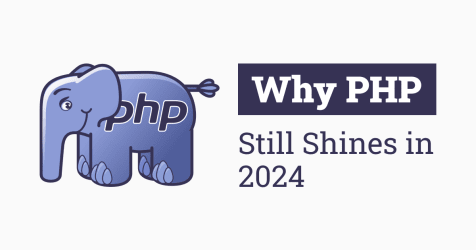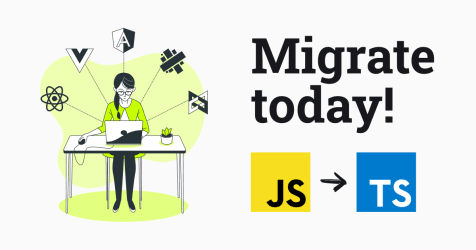GitHub Actions: Here to Stay
In today’s software development landscape, tools like GitHub Actions have revolutionized how we implement continuous integration and continuous delivery (CI/CD). This tool not only simplifies automation processes but also makes them more accessible to all developers, regardless of their size or resources. But, what exactly makes GitHub Actions such an attractive option and why does it seem that it’s here to stay?

Introduction to GitHub Actions
GitHub Actions is an automation feature that allows users to set up workflows directly in their GitHub repositories. This means that any task, from software testing to automatic deployments, can be managed through actions that are triggered by specific events, such as ‘pushes’, ‘pull requests’, or even scheduled times.
Key Features
- Integrated Automation: GitHub Actions is natively integrated with GitHub, eliminating the need for external tools for CI/CD management.
- Custom Events: Workflows can be configured to trigger on various types of events within GitHub, offering tremendous flexibility.
- Broad Compatibility: Supports multiple operating systems and programming environments, making it easy to use in virtually any project.
Practical Example with Code
Suppose you want to automate the testing of your application every time someone uploads changes to the repository. Here’s a basic example of how you could set up a workflow in GitHub Actions:
name: Test Execution
on: [push]
jobs:
build:
runs-on: ubuntu-latest
steps:
- uses: actions/checkout@v4
- name: Set up Python Environment
uses: actions/setup-python@v5
with:
python-version: 3.10
- name: Install Dependencies
run: |
python -m pip install --upgrade pip
pip install -r requirements.txt
- name: Run Tests
run: |
python manage.py test
This workflow is triggered every time a push is made to the repository. It performs the following steps in an Ubuntu environment:
- Code Checkout: Uses the
actions/checkout@v4action to retrieve the repository’s code. - Environment Setup: Sets up Python 3.10 as the runtime environment.
- Dependencies Installation: Installs all necessary dependencies defined in
requirements.txt. - Tests Execution: Runs the application tests using the integrated testing framework in Django.
Conclusion
GitHub Actions offers a powerful and flexible solution for automating development and operations tasks directly from GitHub. Its ability to integrate natively into repositories, the possibility to customize events, and ease of use make it a valuable tool that is undoubtedly here to stay. With GitHub Actions, the CI/CD process becomes more accessible and manageable, allowing teams of any size to implement better development practices with less effort and greater efficiency. Isn’t it incredible how tools like these can be real game changers in the world of development?





